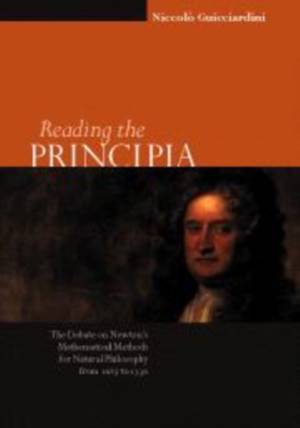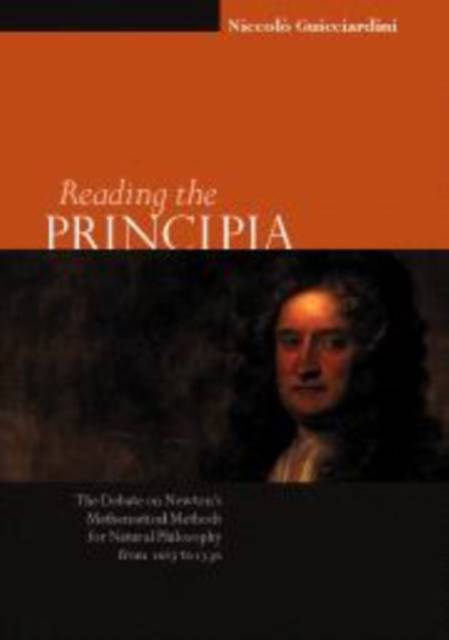
- Afhalen na 1 uur in een winkel met voorraad
- Gratis thuislevering in België vanaf € 30
- Ruim aanbod met 7 miljoen producten
- Afhalen na 1 uur in een winkel met voorraad
- Gratis thuislevering in België vanaf € 30
- Ruim aanbod met 7 miljoen producten
Zoeken
Reading the Principia
The Debate on Newton's Mathematical Methods for Natural Philosophy from 1687 to 1736
Niccolò Guicciardini
Paperback | Engels
€ 90,95
+ 181 punten
Omschrijving
Isaac Newton's Principia is considered one of the masterpieces in the history of science. The mathematical methods employed by Newton in the Principia stimulated much debate among his contemporaries, especially Leibniz, Huygens, Bernoulli and Euler, who debated their merits and drawbacks. Among the questions they asked were: How should natural philosophy be mathematized?; Is it legitimate to use uninterpreted symbols?; Is it possible to depart from the established Archimedean or Galilean/Huygenian tradition of geometrizing nature?; What is the value of elegance and conciseness?; What is the relation between Newton's geometrical methods and the calculus? This book explains how Newton addressed these issues, taking into consideration the values that directed the research of Newton and his contemporaries. This book will be of interest to researchers and advanced students in departments of history of science, philosophy of science, physics, mathematics and astronomy.
Specificaties
Betrokkenen
- Auteur(s):
- Uitgeverij:
Inhoud
- Aantal bladzijden:
- 292
- Taal:
- Engels
Eigenschappen
- Productcode (EAN):
- 9780521544030
- Verschijningsdatum:
- 30/10/2003
- Uitvoering:
- Paperback
- Formaat:
- Trade paperback (VS)
- Afmetingen:
- 190 mm x 248 mm
- Gewicht:
- 480 g

Alleen bij Standaard Boekhandel
+ 181 punten op je klantenkaart van Standaard Boekhandel
Beoordelingen
We publiceren alleen reviews die voldoen aan de voorwaarden voor reviews. Bekijk onze voorwaarden voor reviews.











